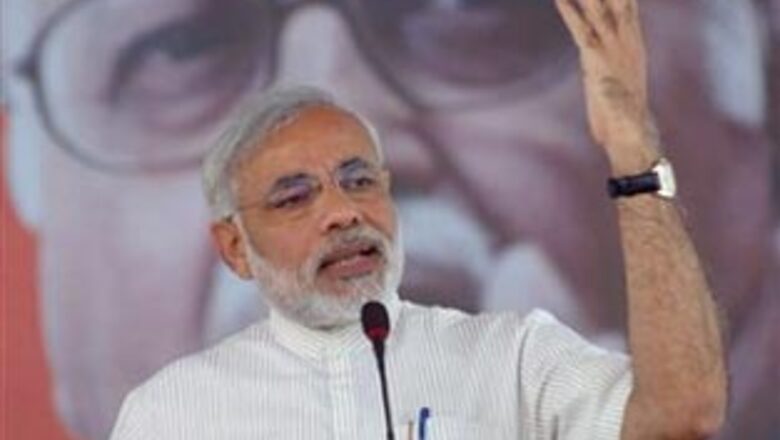
views
Ahmedabad: Seven years on, it is still unclear how the Godhra train attack that killed 59 people on February 27, 2002 happened, but the anniversary on Friday came in the backdrop of a revelation that destroys the claim of Gujarat Chief Minister Narendra Modi's government that it was a terrorist conspiracy.
The Gujarat on Saturday is expected to declare people disappeared during the riots as officially dead. That would take the death toll to 1,180.
The Gujarat High Court's upholding February 12 this year the findings of a Supreme Court appointed committee that there was no terrorist conspiracy in the Godhra incident flies in the face of the chief minister's claim that enraged Hindus assaulted Muslims because of this.
The findings of the central committee on Prevention of Terrorism Act (POTA) sharply contradicts what the Justice (retired) Nanavati Commission concluded in its interim report submitted September 18 last year.
The commission, which was appointed by the state government to look into the communal frenzy, stated that Godhra was a pre-meditated terror attack.
"The most important development in the seventh year of the Godhra attack is this. The high court's decision defeats the entire charade of Modi that the assault on Muslims was provoked by the Godhra incident," says Mukul Sinha, senior high court lawyer and human rights campaigner.
This also speaks much about the credibility of the Nanavati Commission, he said, and added: "The commission should be scrapped."
Sinha said: "Seven years ago, if Chief Minister Narendra Modi and his police had not instigated the ordinary people of Gujarat by describing the Godhra incident as a pre-planned terrorist attack of one community against the other, the genocide that followed from February 28, 2002 would have never happened."
"Now that the truth of Godhra is finally emerging, time has come to appeal for peace and amity between the two communities, who are inseparable in this country," he said.
Violence broke out in the state after a mob set fire to the Sabarmati Express train in Godhra town February 27, 2002, that left 59 people, mostly Hindu activists, dead. This was followed by communal riots targeting the Muslim community in which over 1,000 people were killed.
The government was held responsible by the victims, human rights campaigners and many others for the post-Godhra killings of Muslims. Many called it state-sponsored violence, some termed it a pogrom, still others called it genocide, accusing the chief minister himself of having a hand in it.
The Chief Minister had described the violence as an outburst of the Hindu community over the train burning and invoked the Newtonian law to say that every action had an equal and opposite reaction.
Modi, who is today the BJP's 'development man' and considered by many in the party to be a future Prime Minister, had captured power in 2002 through a strident Hindutva campaign based on the Godhra and the post-Godhra violence.
"What about Godhra?" he would often ask in public meetings when referring to the riots thereafter. The BJP won 117 seats out of the total 182 seats.
Yusuf Sheikh, convenor of an organisation fighting for rehabilitation of riot victims, said: "The government has been exposed completely. Some action should be taken for wrongly terming all the Muslims as terrorists."
"Now, Modi has appointed a Muslim DGP (director-general of police). That's not going to help," he said.
The Godhra case is in the trial stage while 17 of those allegedly involved are still at large. "The police had indiscriminately picked up Muslims and then had to free many of them for want of evidence," said Saeed Umarji, son of the prime accused in the case.
"They are not arresting the others for fear that their case will get weakened in the court," he added.
Hussain Ibrahim Umarji and 99 others are presently in the Sabarmati central jail here.
A riot diary: sequence of events after train burning
- February 27, 2002: Fifty-nine people, mostly Hindu activists, were burnt to death in the S 6 coach of Sabarmati Express at Godhra.
- March 2003: Gujarat Government sets up special POTA court in Godhra.
- November 2003: Supreme Court stays the case trial following a petition by National Human Rights Commission.
- May 2005: The apex court asks for constitution of a central POTA review committee (CPRC).
- May 2005: CPRC concluded that there was no evidence of the conspiracy allegedly hatched in the Godhra incident and ruled that POTA could not be invoked against the accused.
- February 12, 2009: The Gujarat High Court upheld the CPRC recommendations.













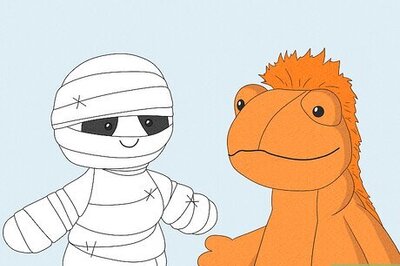
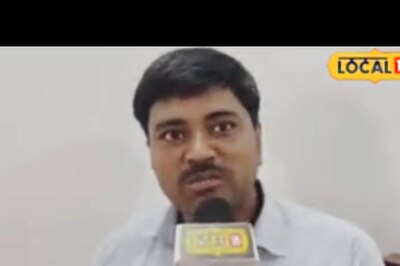
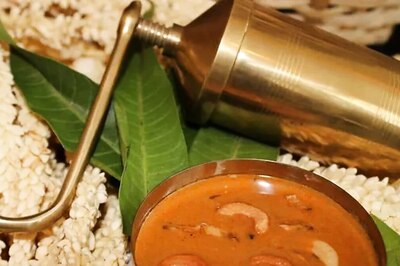
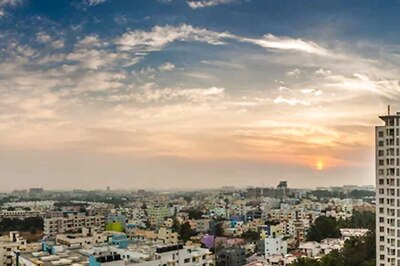
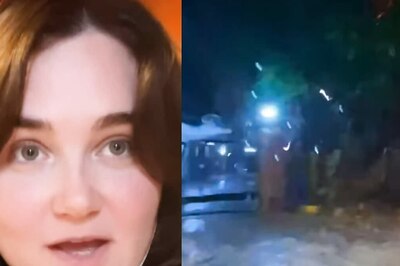
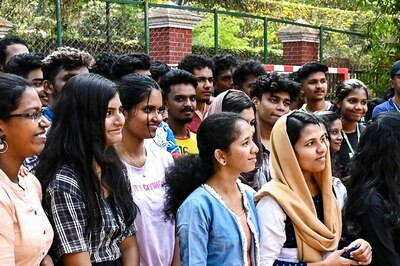
Comments
0 comment